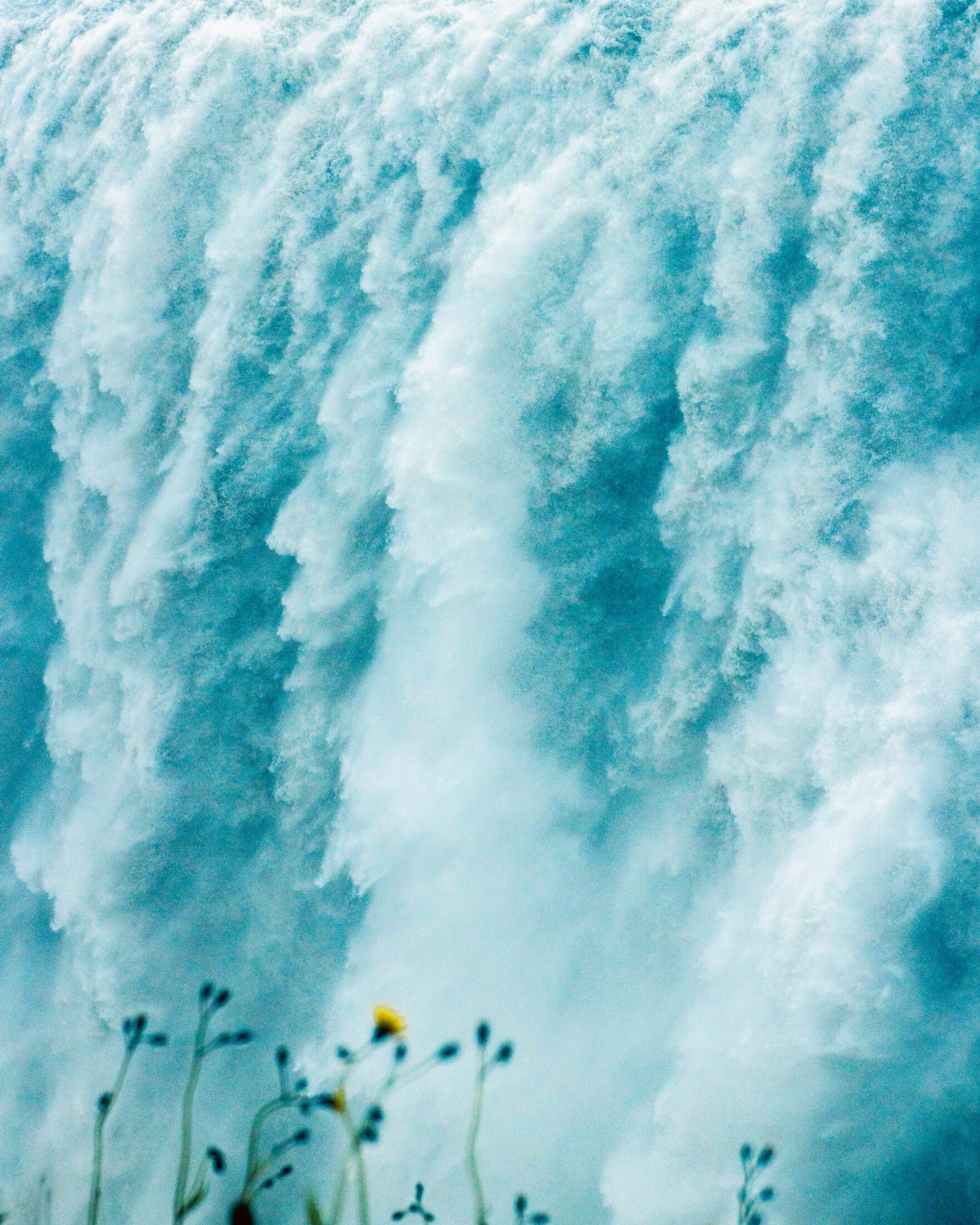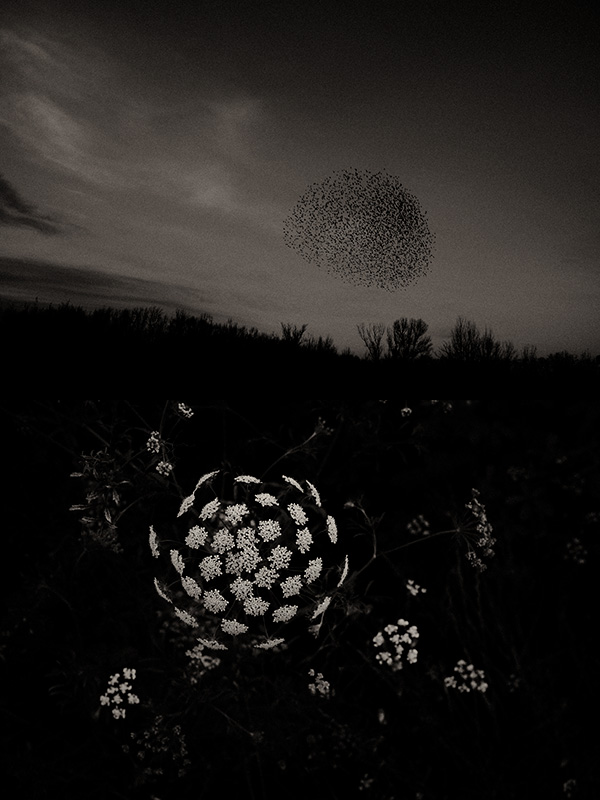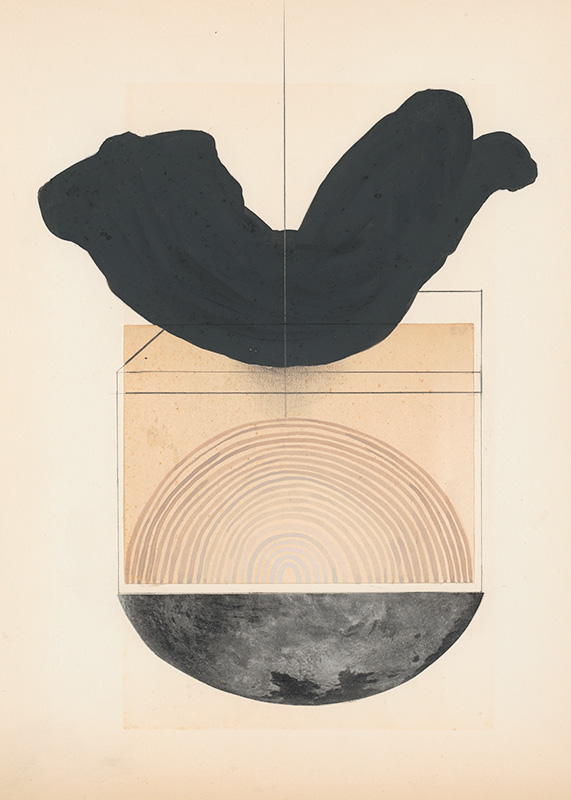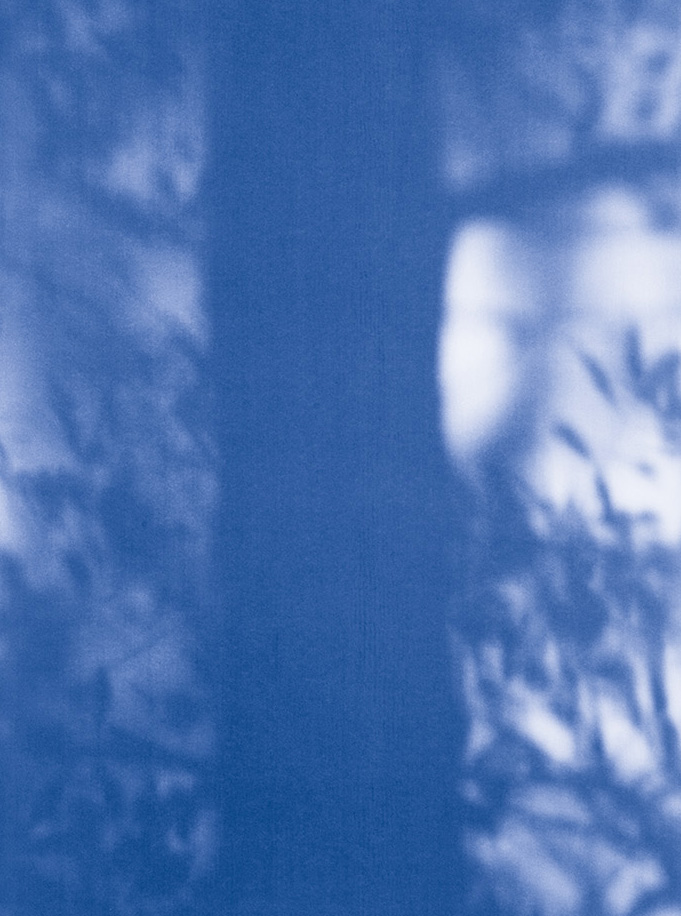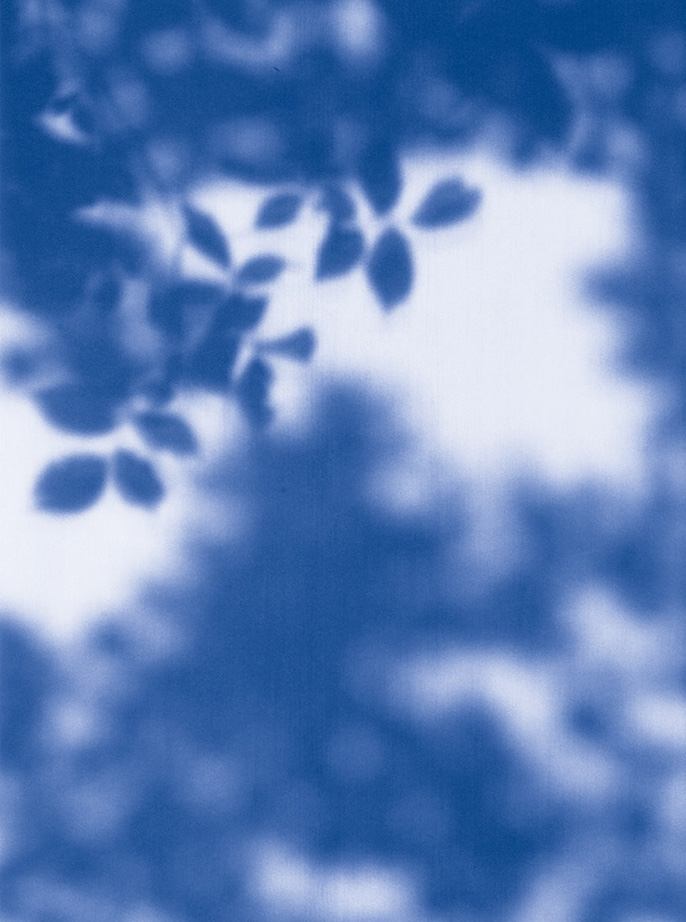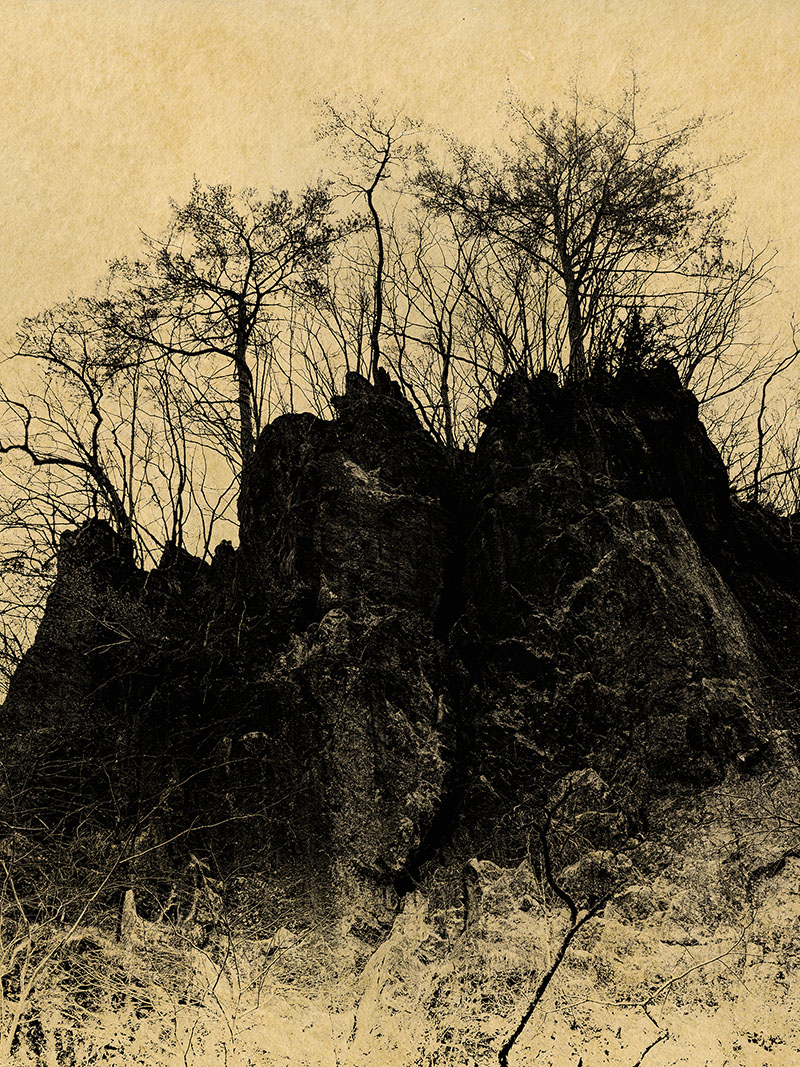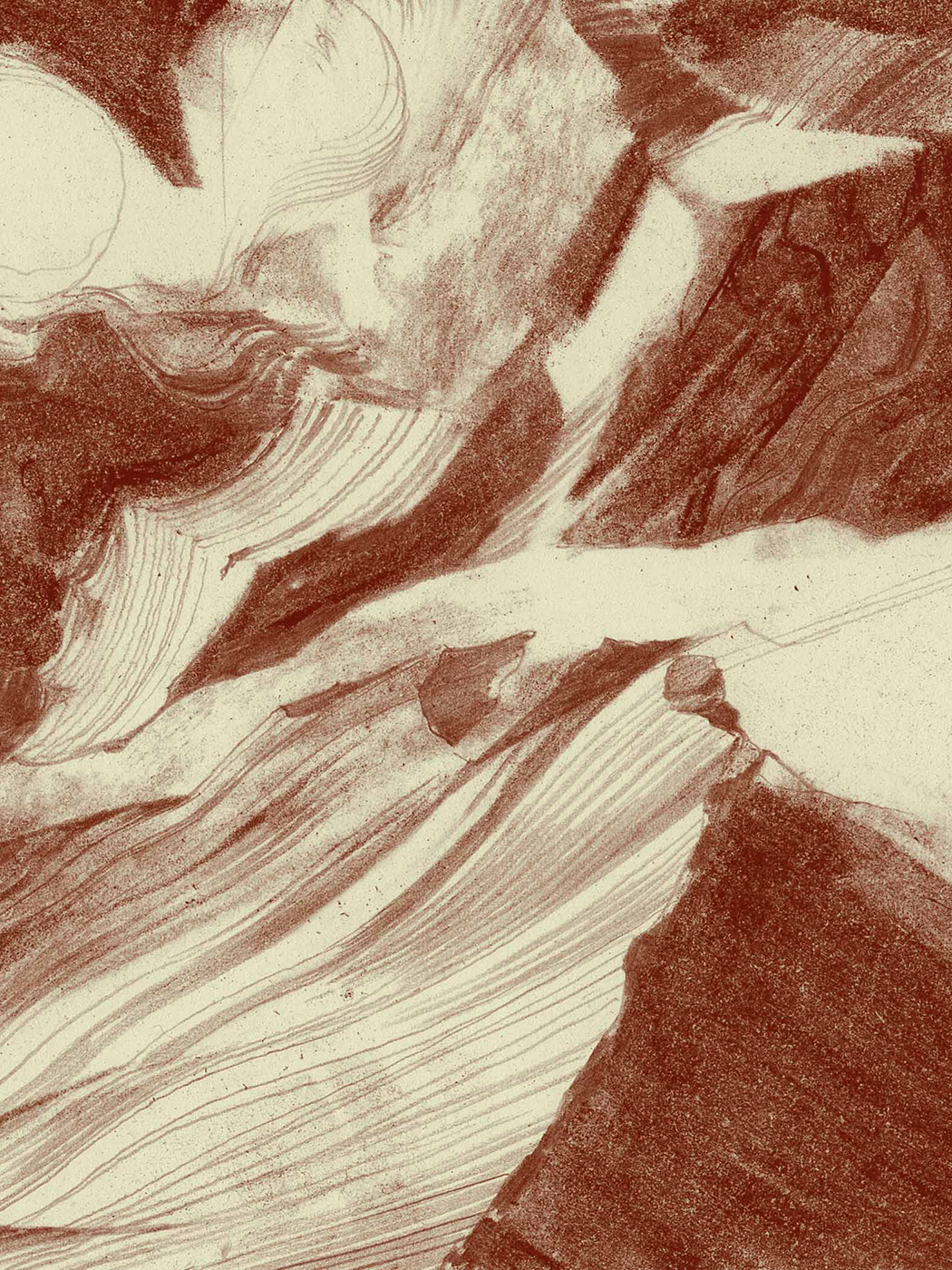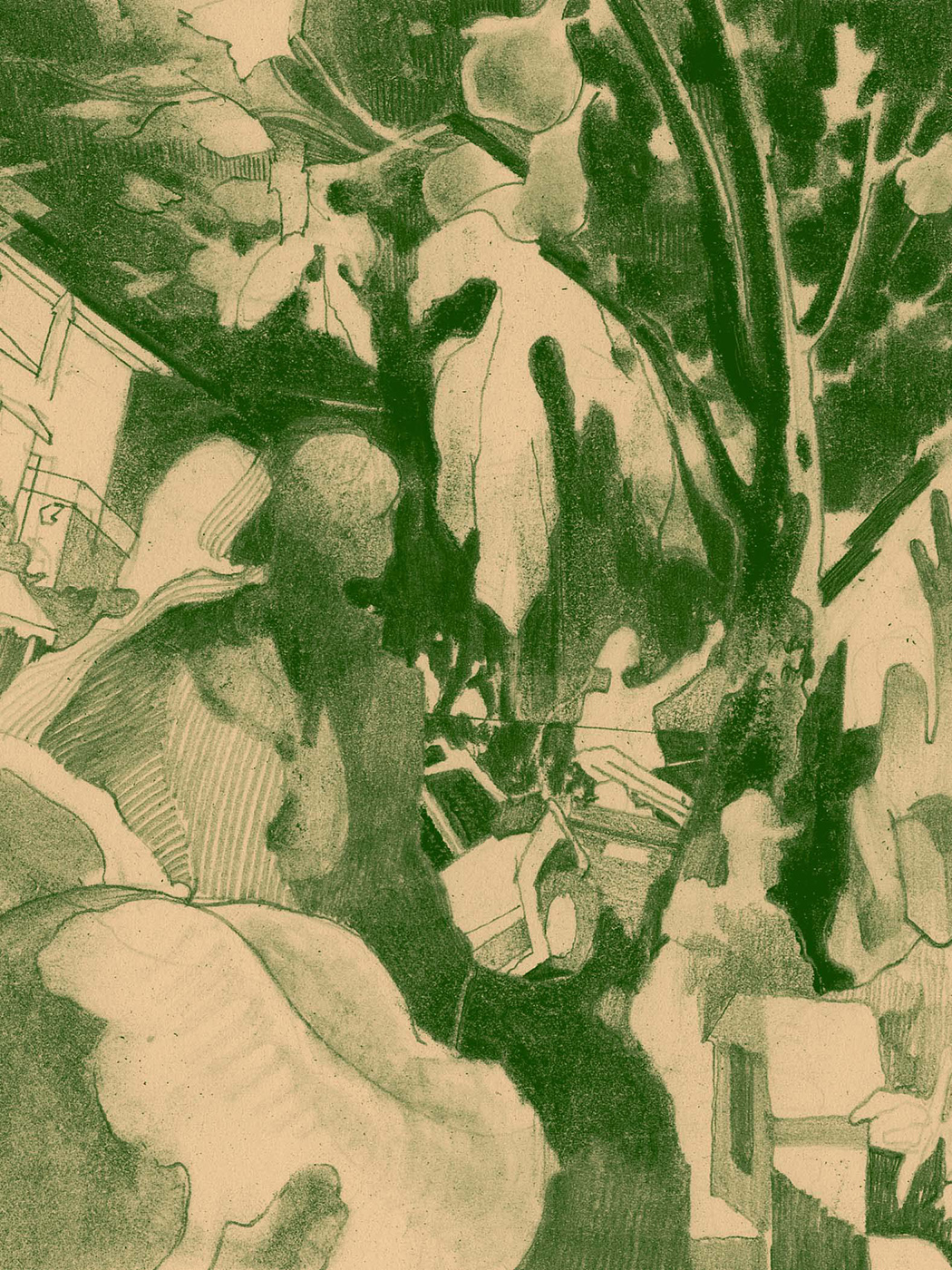
Eve Driver is a writer based in Brooklyn and Boston, who has worked as a journalist in Nairobi, a climate policy advisor at the U.S. Dept of Energy, a strategy consultant in New York, and a tutor at the Harvard Writing Center. She serves on the Advisory Board of the Gull Island Institute, whose mission is to reinvent liberal arts education for the age of climate change. Her essays, poetry, and reporting have appeared in Grist, The Tusculum Review, Quartz, Undark, Mongabay, Harvard Magazine, Harvard Political Review, and elsewhere. Her first book is What We Can’t Burn, and she is currently working on a collection of poetry.
Will Matsuda is an artist and writer based in Portland, Oregon. His photography, which has appeared in numerous publications, such as The New York Times and The New Yorker, and been featured in Aperture, Booooooom, National Geographic, among others, explores human relationships with nature and Japanese identity. His works include Hanafuda; Hibakujumoku, named for the trees that survived the nuclear bombing in Hiroshima and Nagasaki; and the photobooks The Book of Answers, The Potter Becomes the Pot, and Tick Check.
All at once
It is all blooming too quickly to write a poem about it
I cannot blink enough times and still see everything that needs to be added
To the list of beautiful things
Why is it that the good begets the good until there is more of it than any of us need right now
More dogs
More wide-legged trousers
More people sitting down at picnic tables and introducing themselves for the first time
More children running around the bases
More women lying on benches with books in their hands and rollerblades on their feet
Where was all this
I want to ask
When we needed it
Where will it be
When we need it again
If I sit at enough sidewalk tables
And do enough slow laps around the block
Will it linger on me like
The smell of fire on jeans
The next morning
Or must I scream to everyone
Come right now!
You’ve got to see this
If you don’t come now
You’ll miss it
Pea apology
I am sorry to the peas
that I watered
so quickly each morning
that I did not see the six pods till sunday
till I sat down and there they were—
all grown
I am sorry for this the way I am sorry for not responding to your text in time
and for interrupting our conversation
at the party
to say hi to an old friend
who had just walked in who—
you must understand—
I had not seen in years
and I am sorry to the beets
who on that sunday afternoon
finally screamed we are thirsty
screamed with the way they turned their purple stems to the sky
a whimsical thicket that we would delight in if we were small enough
and if I water them before the cruel noon has finished staring them down
then maybe their vast leaves will unfurl and
will forgive me
as I finally pull out a blank piece of paper and write back to you—
there has just been too much to say,
and not enough quiet—
though I know that cannot be my excuse
if the beets do not make it through june,
and if you stop believing that I am right here
on the other end of all these postal services and
all this reaching
because attention is so much more like water than anyone told me —
it is just as hard to hold enough of it in our palms
to let someone else have some
even when the garden is so much worthier
than where my mind goes,
and you,
so much more holy
Carpe diem
If this were my last summer, I would wear that yellow dress everywhere
Even on the shorelines—even on the islands I want to claw my way around the edges of—the yellow hem dragging through the water as the rocks become further apart
And I would be like water—turning a different color when I crack open, turning white and flying
I would write letters to all the people who deserve them—I would write poems—
I would print them and tie them together with a thousand strings and let no love move through me without being shown where to go
Without getting there
I would lie on my back and read the books that make me cry as the grasses hold me
As the wind moves through the trees
And the day closes
And I ache and ache with the urge to make it last at least till morning
But as we break birch sticks in half and pull newspapers apart till we are warm again
We remember things that someone once told us
We pull them from the trinket shelves we hang in our minds
We place them back there when we’re finished remembering
And we cannot be sure how many ways there are to end a day
Besides sleeping
Things I didn’t know about how the world works:
When blueberries spill on a quiet sidewalk
They stay there
First, rolling
Then flattened
Then dried
It is only the rain that cares to scrub them from the white cement
Not one by one
But little by little
Till they fade like fall to winter
You will be astonished by blueberries—
Their anonymous stains
But on the fifth time passing them
You will be astonished by sidewalks
And other cracks between danger
And private property
And you will think about all else that spills
And stays
And fades in these cracks
Besides blueberries
The sound snow doesn’t make
The first time I saw snow this year I wasn’t with you
I was up north
And the flakes were falling up and sideways
Like white birds flapping out of burning woods:
So strange they were silent
Three days later I was back in the city
And a morning came hopelessly
Heavy with some shame I had earned in a dream
The sky looking empty from your bed
Or so full it was dead with the white
And it was not until you walked me to the door
That we saw it
The balcony dusted
The roofs
Like all the white birds had landed again
And we ran to the window and
Pulled our cheeks together
A new record, you told me:
The latest snowfall in New York City
Or the latest in fifty years—
We are never sure which
It was not my first time that year; it was yours
But we stared as if we hadn’t seen the stuff in centuries
And by then I had remembered
That many things storm through us
Without making a sound
All at once, again
Here we go, again—
All the trees blossoming at once
They are so decadent they spill onto the wind
Choke other people’s noses
And coat the world like
Fingers covered in powdered sugar
I want to take the trees
And spread their giving out
So I can eat
A little bit at a time
But that is not the way they grow
And that is not the way I love you
At the end of winter
We spill all at once
And I cannot get enough
And I want to know if you remember that time we walked to the fruit stand and sat on the stoop and choked on whatever it was we were both shedding and breathing in
It has been so long
But I have not forgotten
That we never could eat
Just a little bit at a time
